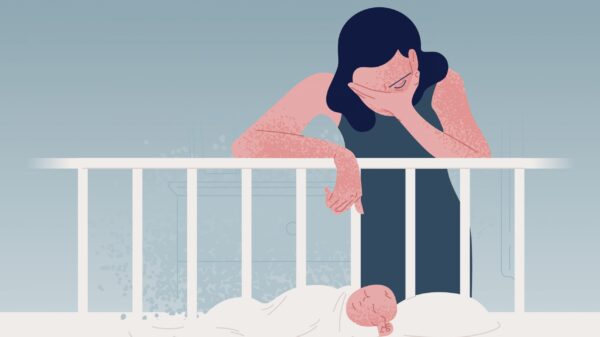|
Getting your Trinity Audio player ready...
|
Another birthing unit in Alabama announced this week that it’s planning to close.
Actually, let me put that another way: The last option for labor and delivery services available to many women in rural south Alabama will be gone come Aug. 16.
That’s when Grove Hill Memorial Hospital, located in Clarke County, plans to end inpatient services and close its labor and delivery unit, the hospital announced on social media this week. It will be the second labor and delivery unit to close in the area in the last year.
And it will be the fourth – FOURTH – hospital in the state to end labor and delivery services this year.
In southwest Alabama, the closures could leave some women driving more than an hour to receive labor and delivery services. Or face the prospect of delivering at an ill-equipped ER, where any complications could end in catastrophe.
When is enough ever going to be enough?
Alabama already has one of the worst infant mortality rates and one of the worst maternal mortality rates in the developed world. And that was before these closures this year.
And still, our leaders refuse to expand Medicaid. Or come up with some other alternative to fill the coverage gaps and provide the funding for medical services that would keep these hospitals and birthing centers open and operating.
Look, I’m not going to pretend that Medicaid expansion is a perfect solution, or even the solution. There are costs involved that could expand significantly over the next several years, and there is evidence that expansion hasn’t exactly been a windfall in some other states, where rural hospitals have still closed down despite the expansion.
But for Alabama, and its specific issues related to rural closures, and particularly the closing of labor and delivery facilities, the expansion – in whatever form you choose – could be a godsend.
And I’m not just saying that. Lots of people are saying. Lots of people who aren’t exactly liberals are saying it. Lots of people with specific knowledge of this industry and its unique problems, like the Alabama Hospital Association, are saying it.
Privately, even Alabama’s conservative leadership will tell you, without much prompting, that expansion in some form would be a great thing. Both for the state, and specifically for the rural communities they serve.
Because of course it would.
We have upwards of 100,000 people in this state living in a coverage gap, where they make too much to qualify for Medicaid but not enough to afford the insurance coverage available through the health insurance exchange. Creating a system in which those people could receive coverage would boost the bottom lines for most struggling rural hospitals and keep them open.
It would also, you know, keep people alive. If you care about that sort of thing post-birth.
And it would make people healthier, allowing them to see a doctor for routine checkups and treatments for minor ailments. That would, in turn, be a boost to the workforce and productivity.
At this point, there’s no argument over whether expansion in some form is a good thing. It is. Almost every person with even a smidgen of knowledge of the healthcare industry in this state will admit it.
There’s also one other little matter.
Some might call it the epitome of hypocrisy to scream constantly that “life is precious,” and work diligently to ban all abortions because we care about saving babies, and then repeatedly – for years on end now – ignore this glaring and growing problem that is literally leading to the deaths of thousands of babies and mothers.
That would be true even if there wasn’t a ready-made solution for the problem sitting on the table. But in this case, there is.
Correction: An earlier version of the story stated that more than 300,000 Alabamians were in the coverage gap. While this was once the case, new data suggests that funds from the Biden administration’s American Rescue Plan Act have been used to drastically decrease those numbers.



















































